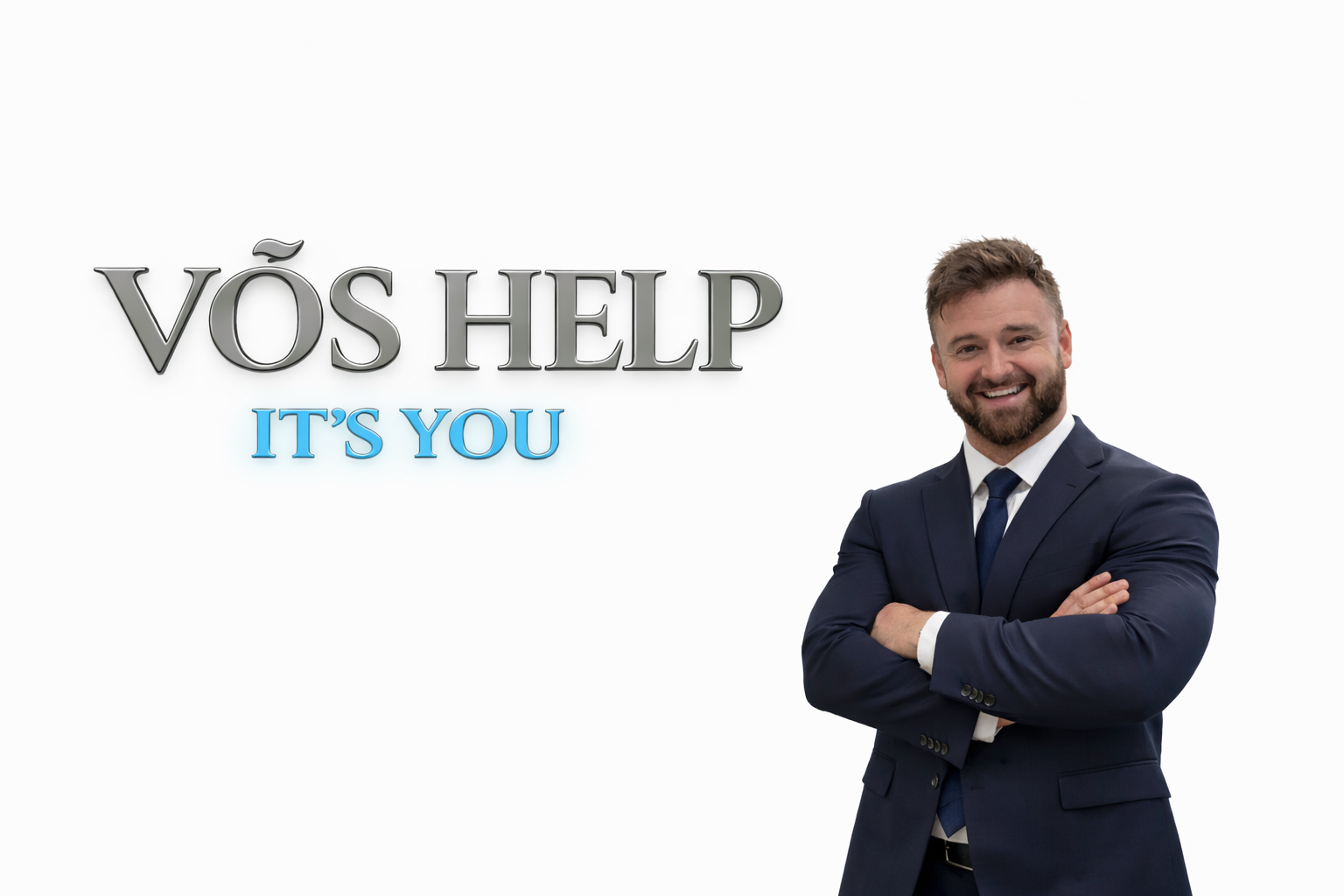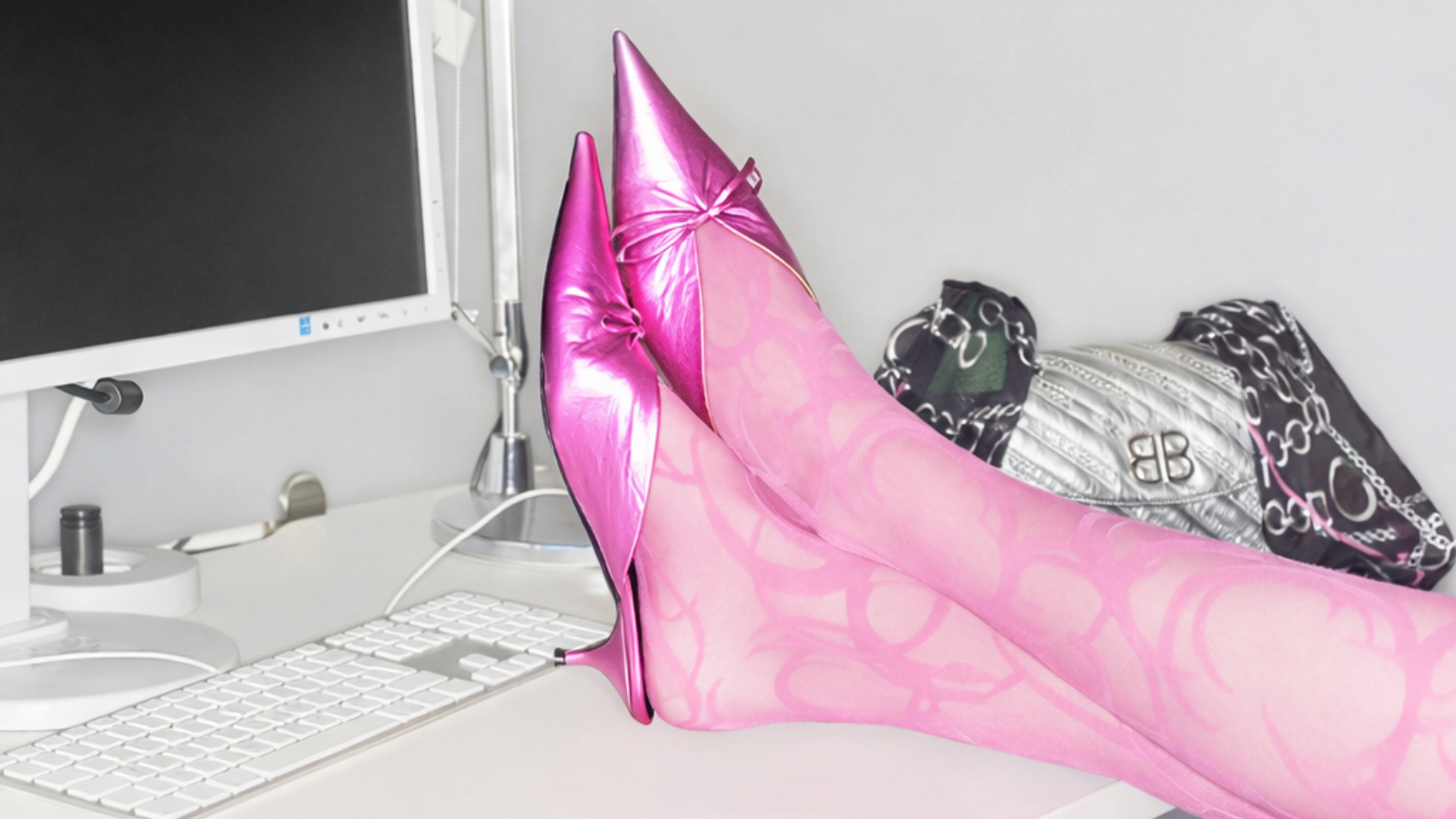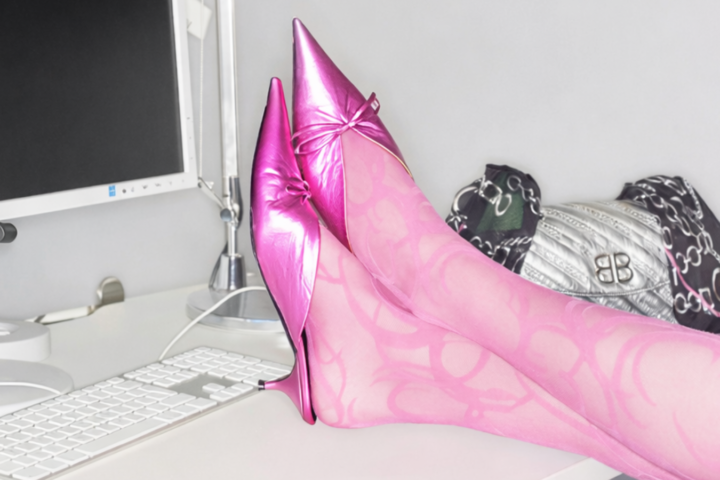The corporate world has discovered a secret neurodivergent individuals have known for years: fidget tools are powerful productivity enhancers. Across boardrooms and open-plan offices, neurotypical professionals are increasingly reaching for magnetic fidgets, sensory gadgets, and tactile tools initially designed for those with ADHD and anxiety disorders.
This coincides with surging interest in workplace wellness programs. The global corporate wellness market is projected to reach $129.44 billion by 2034, growing at a CAGR of 7.41 percent from 2025. As companies recognize the connection between employee well-being and productivity, these specialized tools are finding new audiences beyond their intended users.
The Science of Fidgeting: Benefits Beyond ADHD
Fidgeting is a physiological response that serves important cognitive functions for everyone. Research has documented that controlled physical movements can significantly enhance focus and attention, regardless of neurological status. Pattern-based fidgeting, like that enabled by magnetic tools, increases blood flow to brain regions responsible for concentration and productivity.
Kody Lukens, founder of Stimara and creator of Stimagz magnetic fidget tools, experienced this firsthand before building his company. “The benefit of fidgeting to help focus has been documented in many medical studies, for hyperactive individuals or not,” Lukens explains. “If you’re comfortable, you’ll be able to focus more. And if you focus more, you’ll be more comfortable in your life.”
This simple principle has resonated with workers facing unprecedented levels of workplace stress. A 2023 survey by the American Psychological Association found that 77 percent of employed adults in America experienced job-related stress that negatively influenced their performance and coworker interactions.
From Specialized Support to Mainstream Workplace Essential
What began as accommodations for neurodivergent individuals has developed into universally adopted productivity tools. Corporate professionals now discreetly keep premium fidget devices in desk drawers or briefcases, using them during long meetings, complex planning sessions, or navigating challenging tasks.
The market has responded to this crossover appeal with more sophisticated, adult-oriented designs. Stimara represents this evolution, creating high-quality fidget tools designed for professional settings.
“Most fidget tools on the market are created, designed, and marketed towards kids. Our products are designed to be discreet, durable, effective, and made for any environment,” states Stimara’s website. Their best-selling Quiet edition Series II Stimagz exemplifies this trend, crafted for subtle use in professional environments where traditional fidget toys might draw unwanted attention or create disturbances.
The demand for these tools extends far beyond North America. Stimara currently ships to 50 countries, including Australia, Japan, South Africa, and most European nations. This international demand signals a universal recognition that focus challenges and stress management are workplace concerns that transcend cultural boundaries.
Corporate Wellness Revolution Embraces Sensory Support
Major corporations increasingly recognize that employee well-being directly impacts their bottom line. When left unmanaged, poor health leads to higher stress levels and costly lifestyle diseases, ultimately affecting productivity and retention. According to Maximize Market Research, technological advancements, including specialized wellness tools, have made personalized solutions more accessible to employees at all levels.
The corporate wellness sector has grown increasingly sophisticated in its offerings. Health risk assessment remains the largest segment, but stress management represents the fastest-growing category within corporate wellness programs. This creates natural opportunities for sensory and fidget tools to become standard components of workplace wellness initiatives.
The expansion has validated its mission for Stimara, which reported 133 percent growth from 2023 to 2024 and has served over 41,000 customers. The company recently surpassed half a million dollars in funding for their Series II product line, demonstrating substantial market demand.
As Lukens noted when reflecting on his company’s origins, “The ADHD market, especially for adults, is criminally underserved. There aren’t high-quality products being made for that demographic.” His solution was creating premium fidget tools specifically for adults, which have resonated far beyond his initial target audience.
The overlap between focus-enhancing tools and workplace wellness programs appears poised for continued growth. With mental health concerns increasingly prominent, with 46 percent of EU citizens reporting emotional or psychological issues in 2023, companies seek tangible, practical solutions that employees can integrate into their daily work routines.
The adoption of these tools represents a broader reassessment of workplace productivity norms. Rather than expecting workers to remain perfectly still and attentive for hours, companies now recognize that allowing natural physical expression through fidgeting can improve focus and reduce stress. In doing so, they’ve borrowed wisdom from the neurodivergent community, who pioneered these strategies out of necessity.
As workplace wellness programs continue expanding, sensory tools like Stimagz will likely become standard components of corporate wellness offerings. What began as specialized accommodations for workers with ADHD has quietly transformed into a mainstream productivity enhancement, proving that sometimes the best solutions come from unexpected places.














